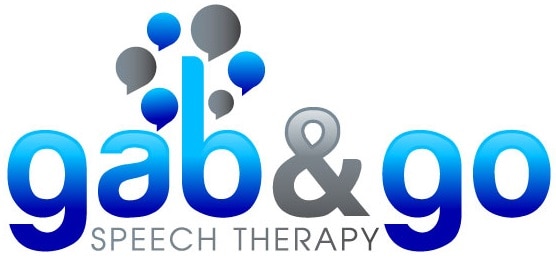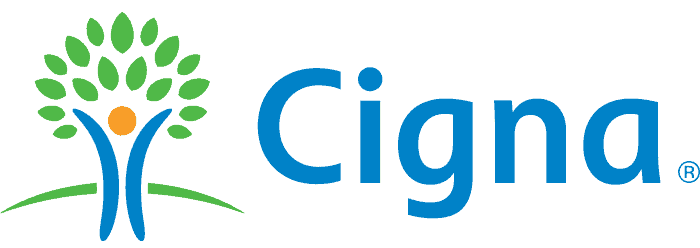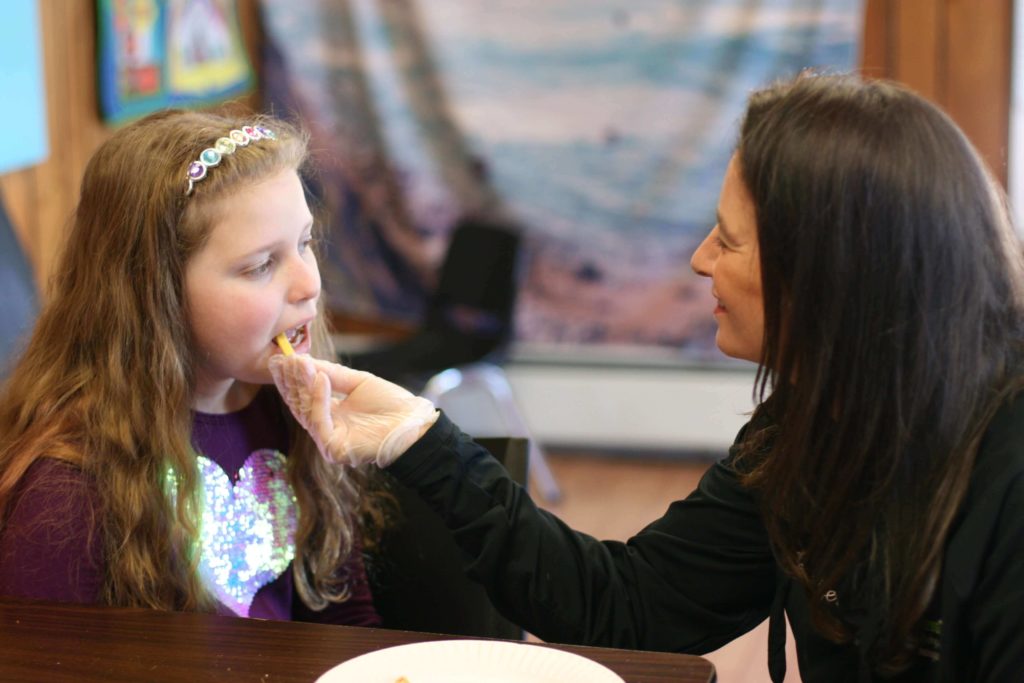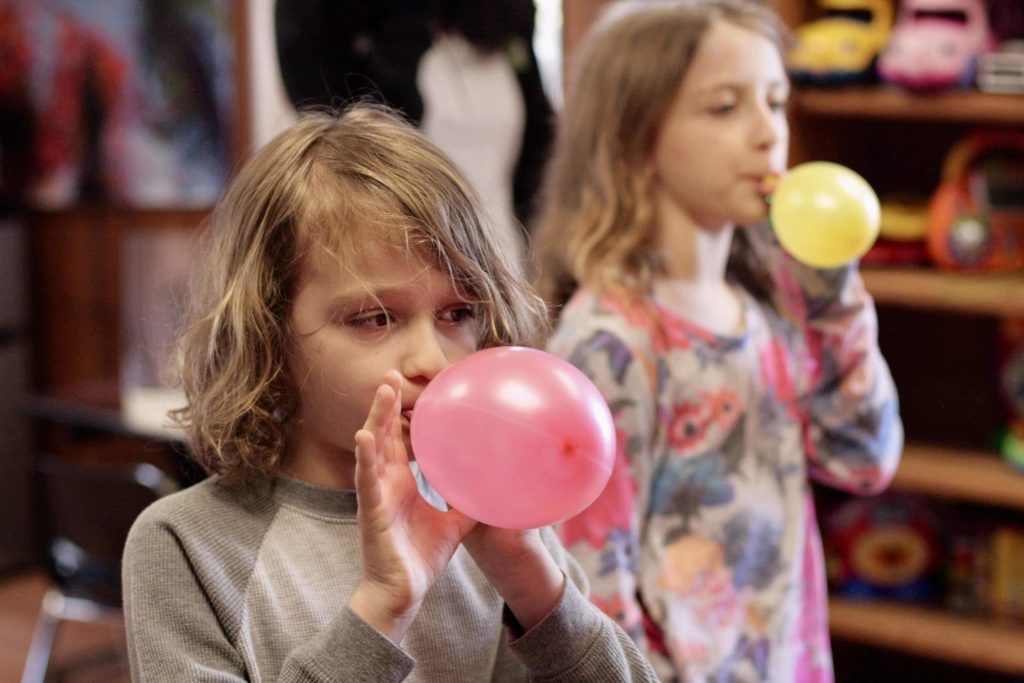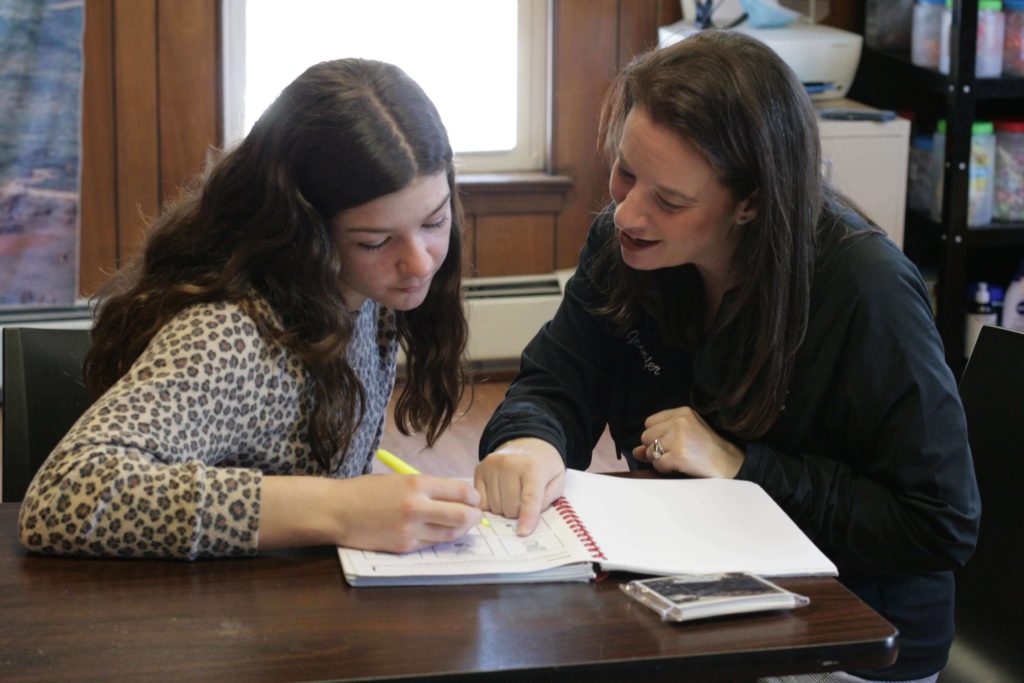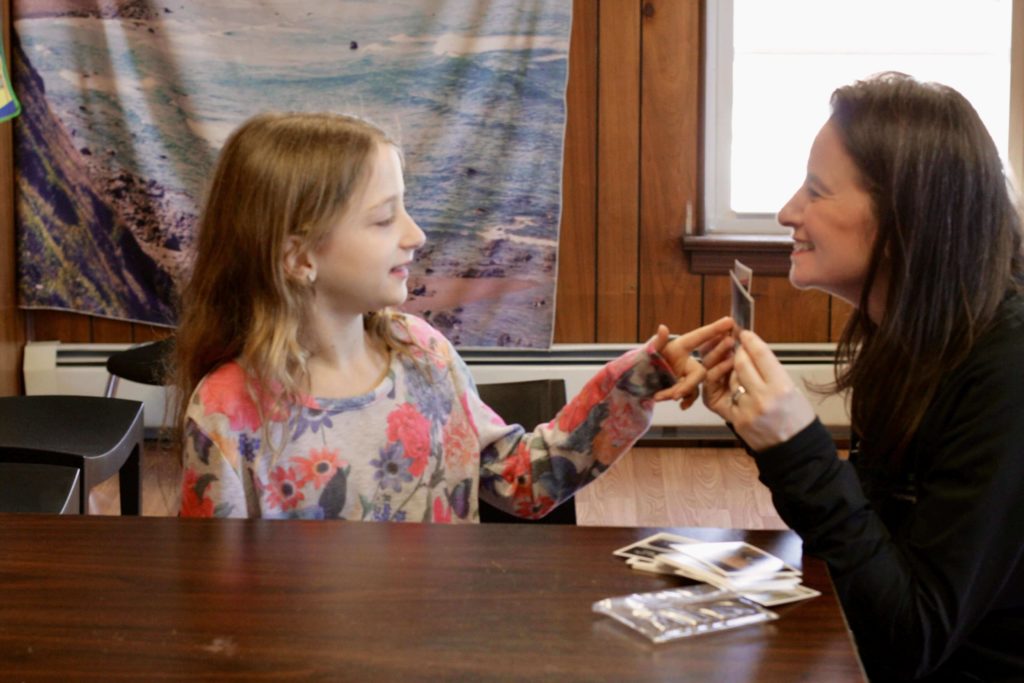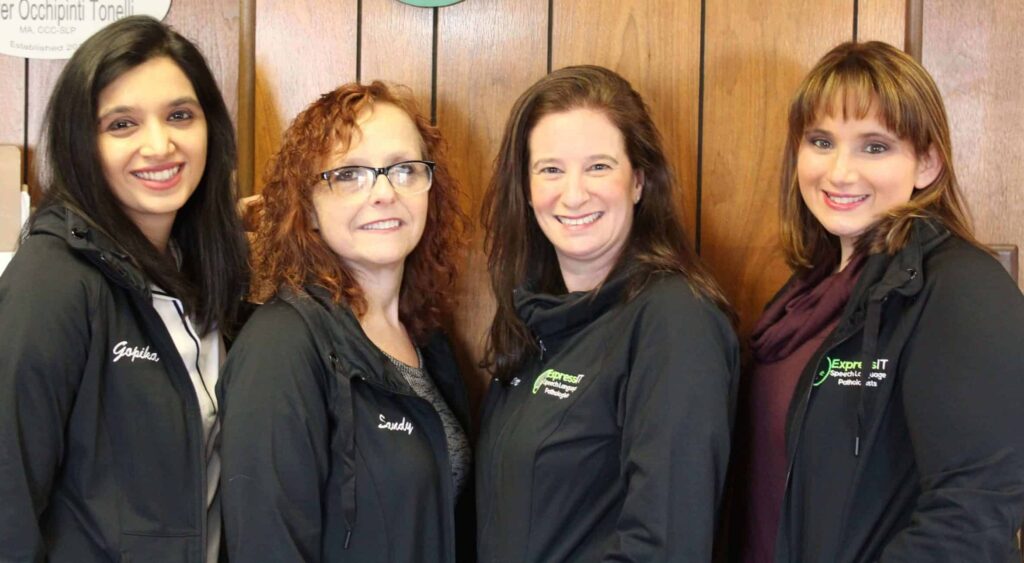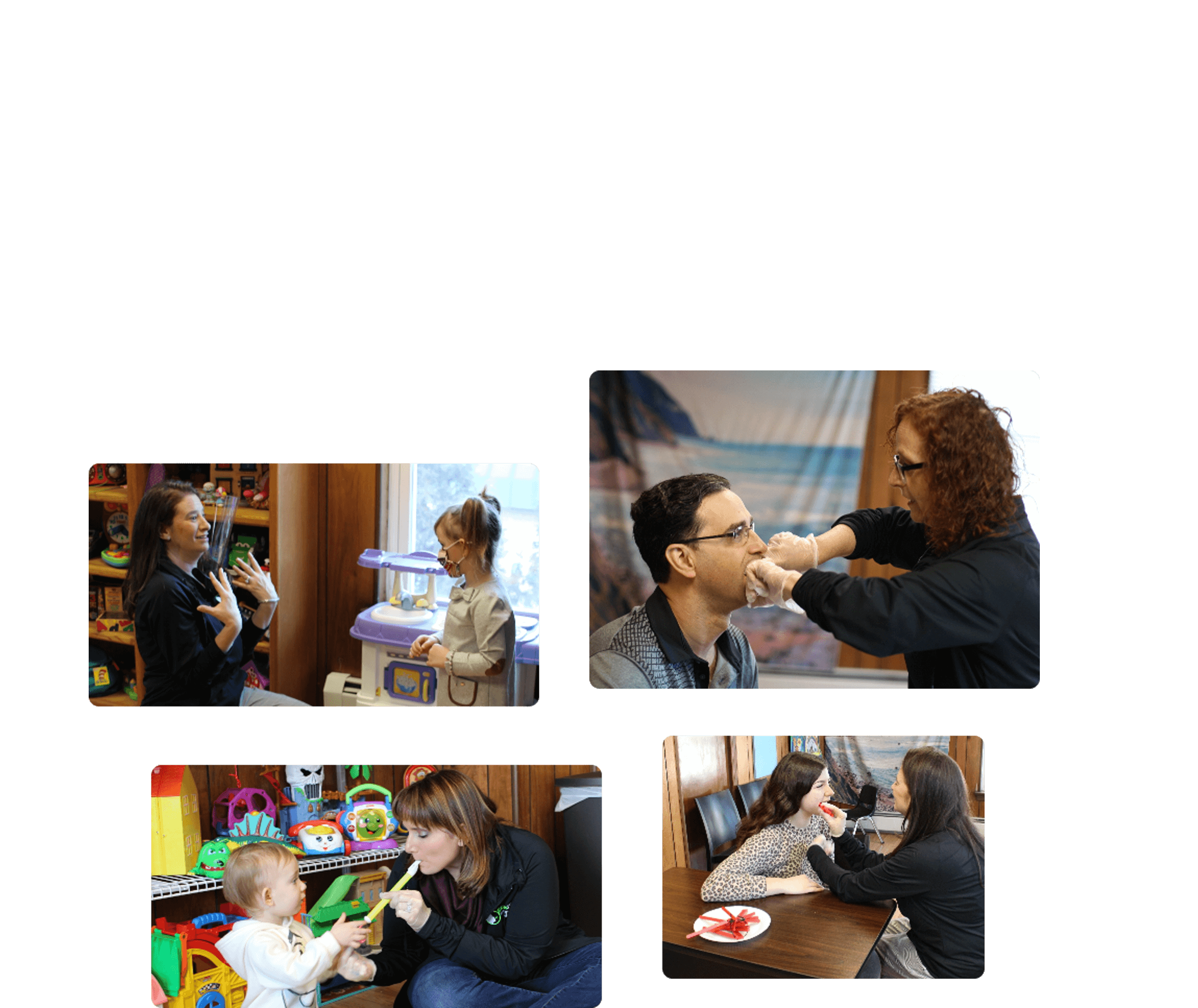
Welcome to gab&go speech.
At gab&go, we are ready to provide you with a team of speech language pathologists with extensive experience in all facets of our field. We have completed trainings for and treated Apraxia of Speech, Autism Spectrum Disorders, Tethered Oral Tissue, Oral motor Dysfunction for speech and feeding, Myofunctional Disorders, and Behavioral/Sensory Feeding Disorders. We have worked in early intervention, hospitals, public schools, nursing homes, private schools, and private practice. These experiences, with a large variety of patients over the past 23 years, has prepared us to help everyone, including you. Let us individualize an appropriate therapy plan to get you on track with your speech, language, and feeding needs. We are trained in Prompt, Beckman Oral Motor, Talk Tools by Sara Rosenfelt Johnson, St. Joseph’s Center for Pediatric Feeding and Swallowing program, as well as the International Association of Orofacial Myology. We look forward to meeting and helping you.

Speech therapy if…
an unfamiliar listener can’t understand most of what was said, pronunciation of speech is impacting reading/spelling, or the speaker is frustrated and/or talking less.
Language therapy if…
something sounds wrong to you. Instinctively, most people can classify what they hear as accurate or not following the grammatical rules of their language. I urge you to trust your gut but if you need more help, these are great resources.
- Developmental Milestones
- Learning Disabilities and Young Children: Identification and Intervention
- Signs of Expressive Language Disorder at Different Ages
Voice therapy if…
the speaker:
- constantly has a hoarse voice
- was diagnosed with vocal nodules/polyps
- experiences voice breaks or regularly abuses their voice.
Feeding therapy if…
the eater:
- coughs, gags, chokes while eating or drinking
- is a very picky eater
- cannot bite their food
- has food left in their mouth after eating or takes a very long time to eat.
Alternative augmentative communication (AAC) if…
- difficulty expressing their wants, needs, thoughts and opinions through verbal speech and non-verbal communication modalities
- presents with complex communication needs related to a medical diagnosis (congenital or acquired), such as cerebral palsy, down syndrome, autism, genetic disorders/syndromes, traumatic brain injury, and neurological conditions
- relies on non-verbal communication such as facial expressions, movement/gestures and vocalizations to express wants and needs.
- traditional speech therapy methods have not improved functional expression of wants, needs, thoughts and opinions
- if physical limitations impact access to communication in the individual’s environment.
Vocal Hygeine
Drink 6-8 glasses of water a day to keep your voice healthy and if you are a caffeine drinker or take allergy medicine drink more to compensate for both of those. Don’t talk over the radio in the car and try to only speak to people within arms length.
Hearing Health
To protect your hearing, wear earplugs at a concert or when operating loud machinery. Do not play your music too loud especially when wearing headphones or ear buds. Buy your kids headphones that limit volume and make sure to allow your ears some quiet time to recover after listening to loud music or noise.
Baby’s first food
When introducing your baby to their first food, make sure to let them look, touch, and smell it before they eat it. When you do give them their first taste, make sure it’s just a taste by putting only a little food on the spoon. This gives the baby more chance to experience this new food instead of being overwhelmed by the new food.
When your child makes a mistake…
don’t correct them. Instead repeat their error the correct way. This allows your child to learn while not feeling frustrated.
Is my child just a picky eater?
Some kids are not just picky and there is a reason behind their limited eating. Can their sensory system not handle hot? Did they develop a fear of foods due to their reflux or other experiences? Are their mouths able to chew and swallow? These are a few of the many reasons why kids can’t eat, but fortunately, all of them can be helped through individualized feeding therapy.
Jen helped my daughter so much.
She is very knowledgeable and would take time to explain things that will help my daughter more.
My daughter has made great progress. What a big difference since the day we first came in.
Thank you!!
My wife had a stroke. Her speech was severely affected. I had no idea about possible help for this.
Then we met Jen Tonelli from ExpressIT. After just a few visits we noticed good improvement.
As time went on there was more and more improvement.
Jen proved to be a very valuable person to help my wife be able to speak so we can understand her again.
Thank You Jen !!!
Jen is the most knowledgeable therapist we have known, and she truly cares about her clients.
We were so lucky to have found her!”
My daughter had a severe lip tie and recessed tongue tie released when she was 7 months old.
I was having a tremendously hard time finding someone who was certified to deal with infants who were still breastfeeding & took our insurance.
Jen began seeing my daughter and continued with her until she was two.
Our daughter went from not being able to rest tongue in mouth with her lips shut to being able to a fully developed toddler with no oral motor issues visible.
Jen developed a rapport with Teagan and me. She took such joy in helping her and watching her develop muscle strength and control.
Nothing is scarier than having to seek outside help for one of your children but from day one Jen and her team have made my family and I feel supported and at home.
She’s taken the time to not only analyze his needs but she’s studied him as a person and found the best way to engage him and make the work not feel like work.
Our son walks into Jen’s “playroom” with a smile on his face and the only hard time he gives us is when it’s time to say goodbye.
We are so blessed to have found her. 🙂
